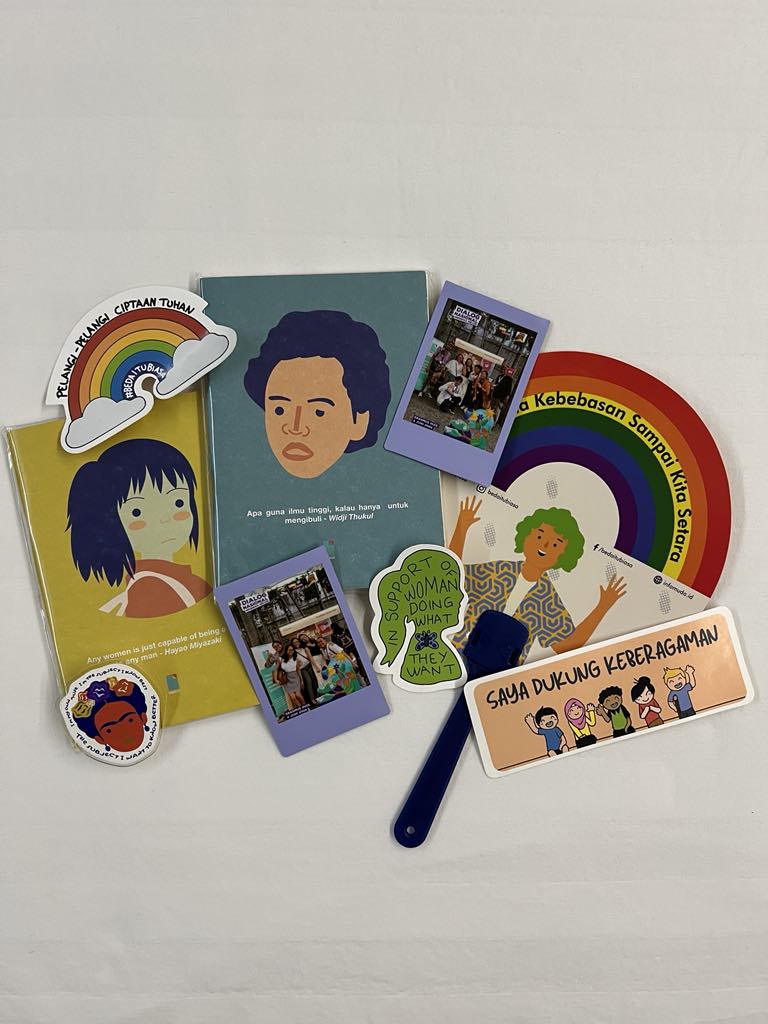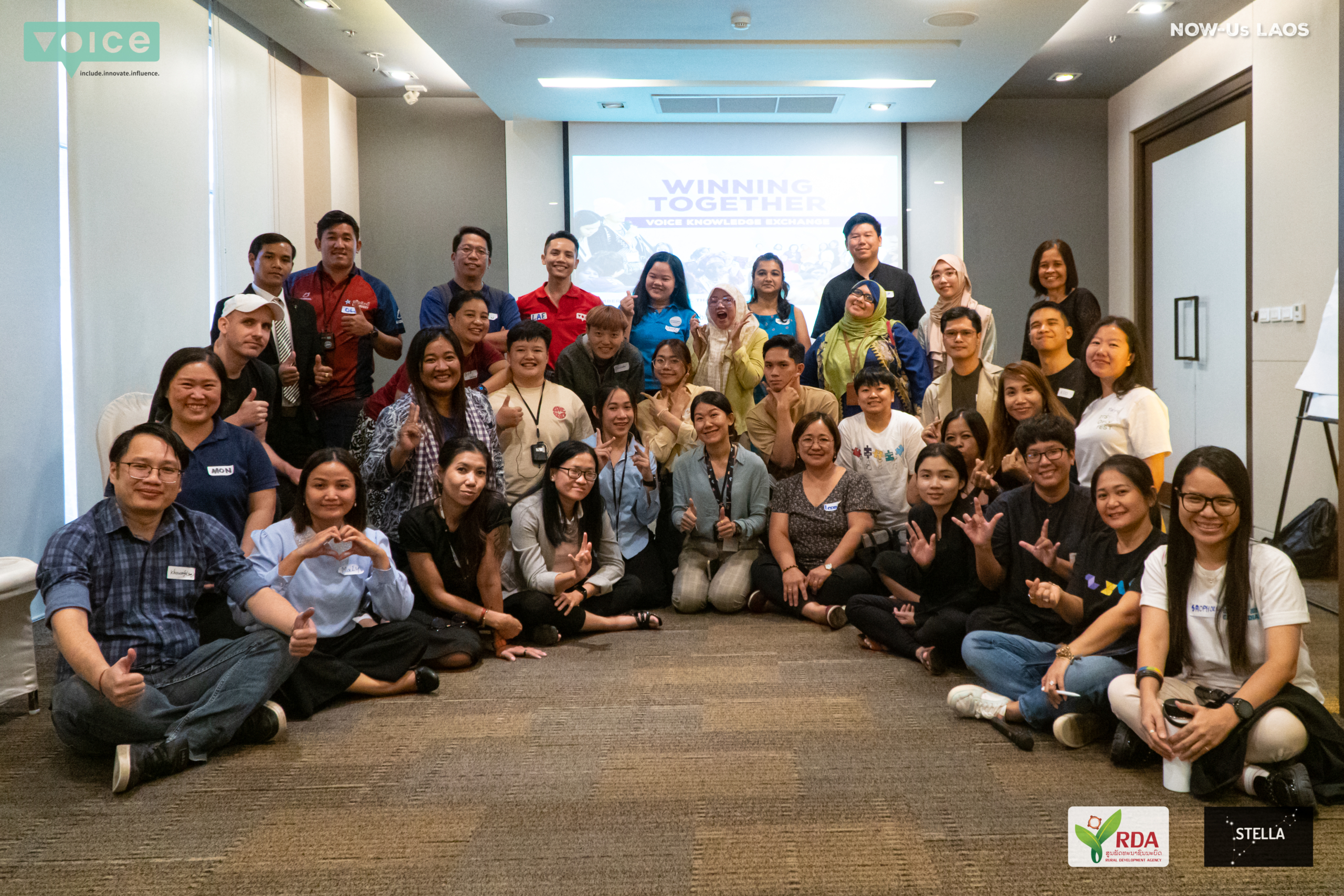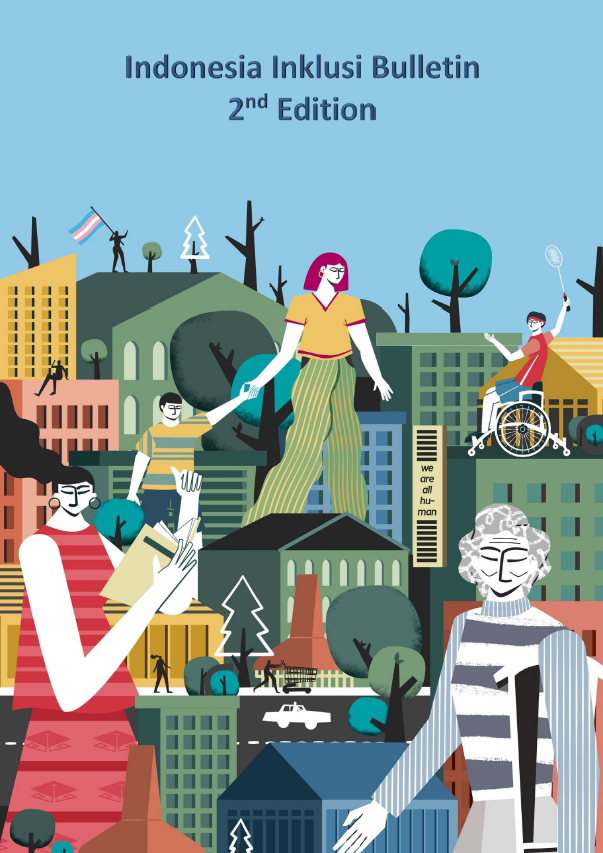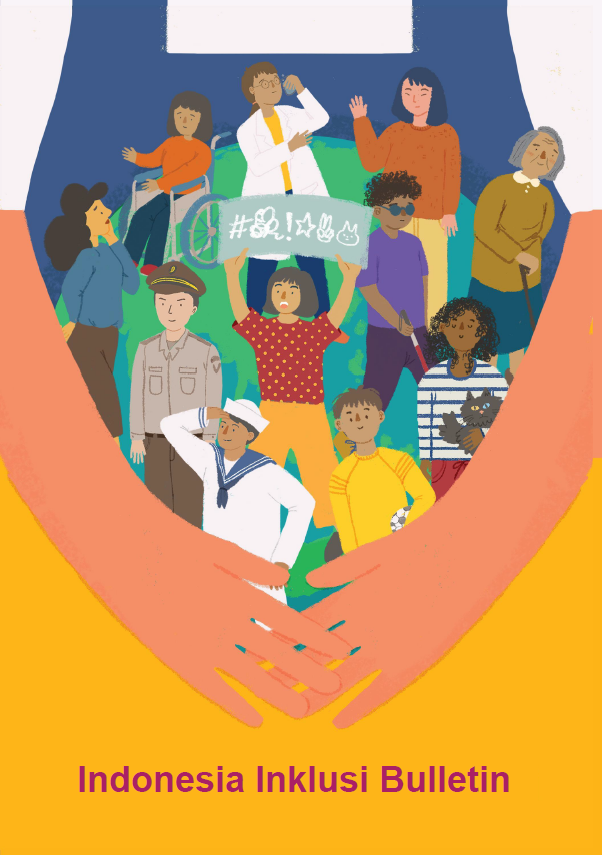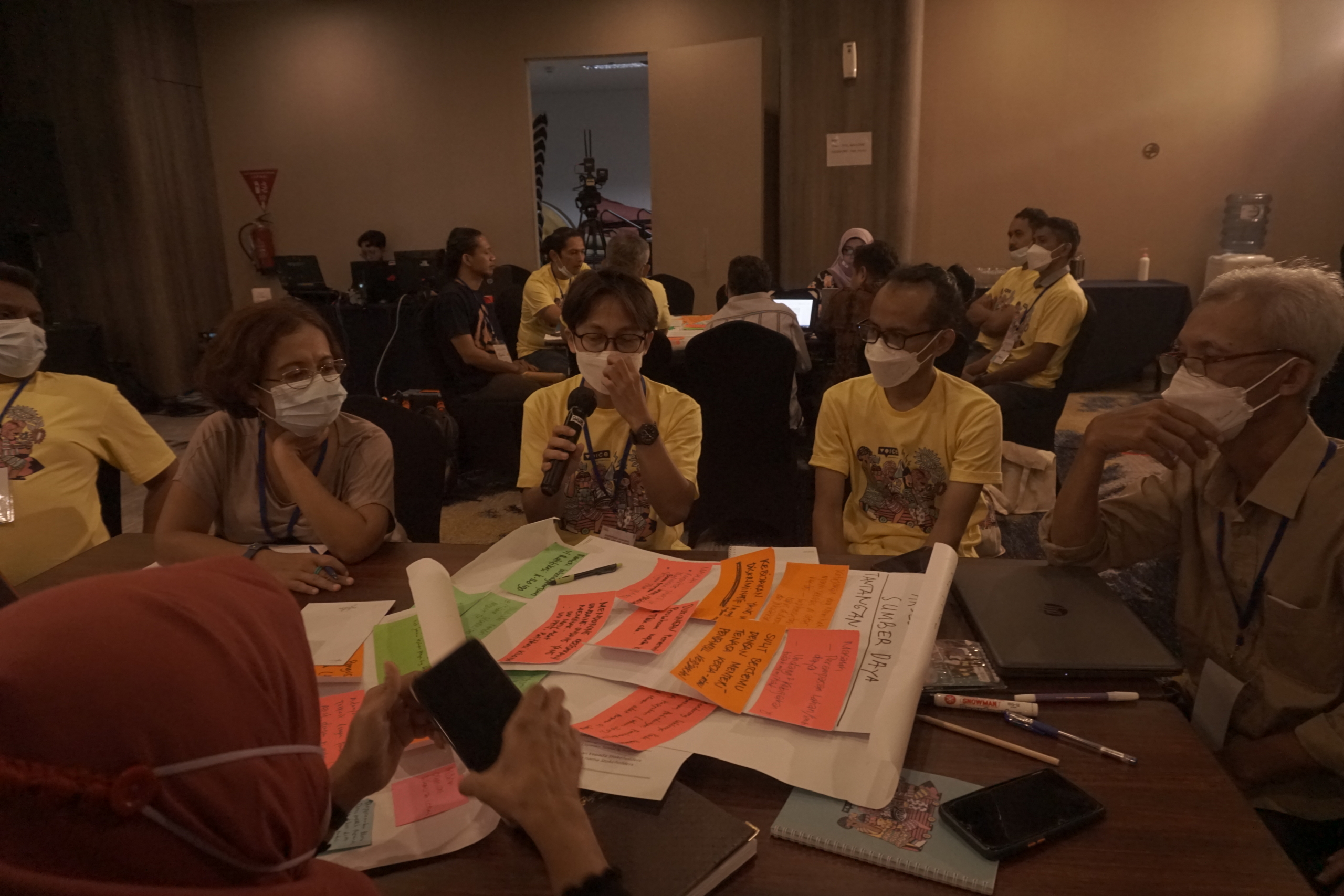Inclusive storytelling: The IndonesiaInklusi Photovoice Gallery
by Pamflet Generasi, Linking and Learning Facilitator, Voice in Indonesia
Kala di Kalijaga: a simple gallery journey that is full of meaning. It contains photovoice works by 20 dedicated representatives from organisations based in East and West Indonesia. This gallery is the result of a photovoice workshop was organised by Pamflet as Voice Indonesia’s Linking and Learning Facilitator and Kota Kita, with full support from the Voice Indonesia country team.
The event, which was held online and offline, was quite meaningful for all participants and facilitators. In the first briefing with Kota Kita, participants were introduced to photovoice and basic photography techniques.
“A photo captured by a camera can tell a story,” said Aa Fuad, a facilitator from Kota Kita, in Zoom.
In addition, Aa Fuad also explained several things to consider when designing a photovoice, starting from the type of story you want to explore, the ethics and approval that must be considered, as well as the suitability based on the time we have.
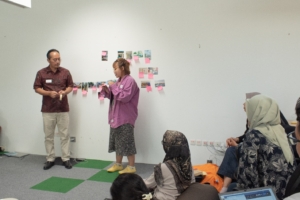
Despite being online, participants were enthusiastic in receiving the material. After the explanation from Aa Fuad, the next material was delivered by Vanesha (Kota Kita) who gave tips about taking photos.
“When you want to take pictures, you can ask permission if you are taking pictures of other people. Don’t forget to clean the cellphone lens and use the focus feature to avoid blur. Then, look for good lighting and don’t be afraid to experiment and try new things,” explained Vanesha.
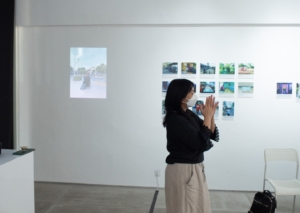
Exploring Sensory Sense at Blok M
The second day of the offline photovoice workshop was opened with a warm welcome from Chika and Giany from Yayasan Humanis dan Inovasi Sosial or Humanis, the country office implementing Voice in Indonesia. On this occasion, the 20 participants have gathered together in Jakarta. The agenda for the first day of this offline activity was a refresher material related to social inclusion and intersectionality by Maulida Raviola, from the Gender, Equality, Diversity, and Inclusion division of Humanis. It was followed by a material from Kota Kita, and special activities such as the photo hunting around the Blok M area.
In this refresher material, participants were made aware of women as a one of the more vulnerable groups, especially women who have multiple identities, such as women and girls with disabilities. According to the refresher material, they are two to four times more likely to experience domestic violence than women without disabilities.
There were many reflections on learning during the first day. After Maulida finished her sharing, Kota Kita took over with quite an interesting agenda which grouped the participants based on tasks and discussion that they have done before through communities of practice and other collaborations. Various perspectives and thoughts were channeled through the grouping activity, until finally five clusters of issues were collected: issues on public space, gender equality, safe spaces for victims of violence, food, and self-reflection.
After the discussion and grouping was completed, Erlangga form Pamflet gave a briefing to the participants before continuing to the next activity: photo hunting. Participants seemed enthusiastic and immediately tried to explore the surrounding environment. Occasionally it was seen that some had started interacting and chatting with the sellers there.
Containing Various Voices to Flow Together into One Estuary
The agenda on the third day was focused on self-reflection on and appreciation of the workshop activities that had been carried out. Kala di Kalijaga was a place that witnessed the harmony this activity brought. Messages about the activity, self-reflection about inclusion and intersectionality, as well as a sharing of what they want to learn further were written on sticky notes.
“Reflecting that in a split second of our lives there are many phenomena and voices that want to be heard. Becoming sensitive and gaining awareness that every human being deserves to be humanised.” (Syakira, Jentera Law School Indonesia, a consortium of LBH APIK)

